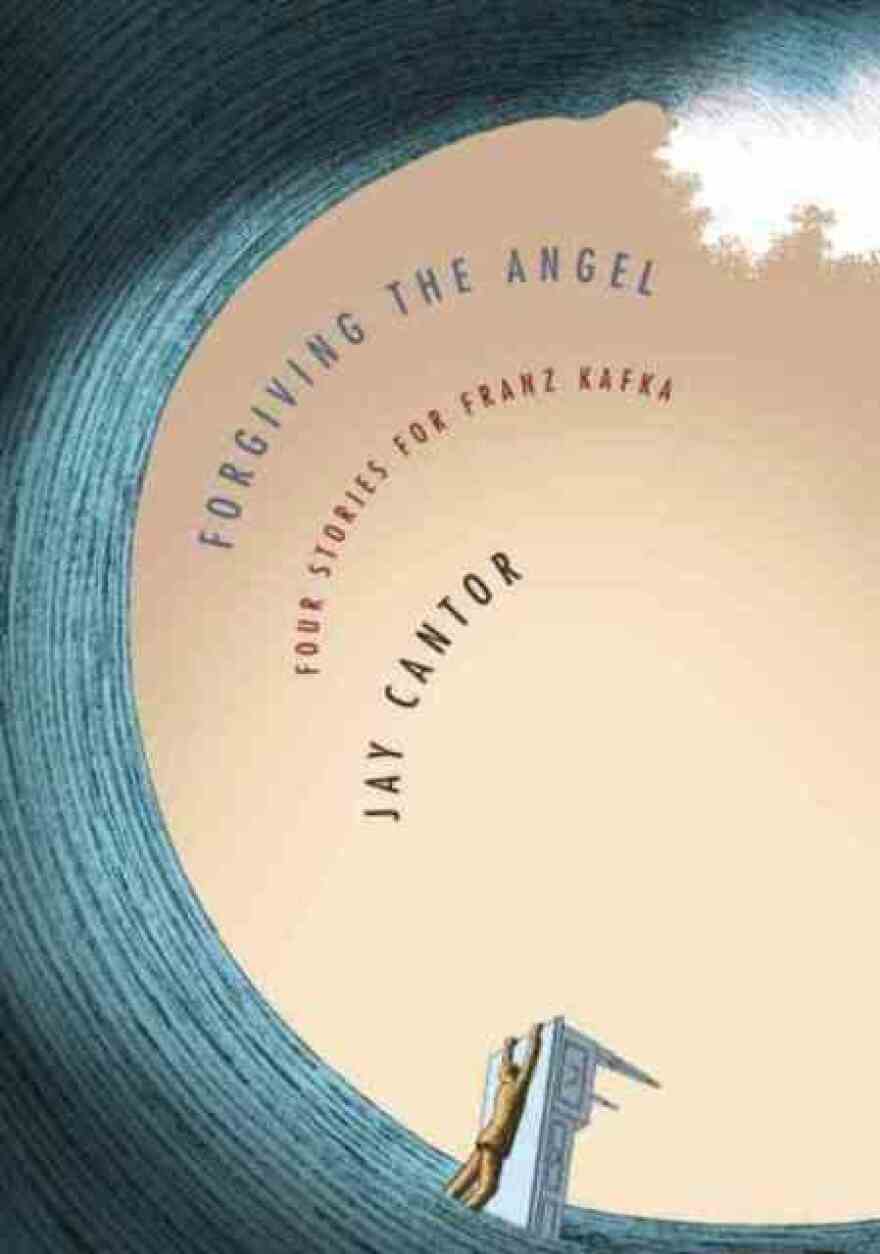We all leave a legacy after we shuffle off this mortal coil, but its size and influence isn’t decided by us. That power is in the hands of those we leave behind. Few writers have made as great an impact in literature as Franz Kafka.His existential stories, filled with heroes stuck in inscrutable situations—like, for example, lost in an endless bureaucracy or unexpectedly turned into a roach—have influenced not only many other writers, but have even inspired his own word in the dictionary- Kafkaesque.
Jay Cantor is one such influenced author, and his new collection of stories “Forgiving the Angel” takes on the impact of Kafka’s legacy in a very unique fashion. Each of the real characters in this historical fiction is haunted by the memory of Kafka and each dilemma is reminiscent of what Kafka would put his own characters through.
Consider for example the first story, which follows the life of Max Brod. It is because of Max that we even know who Kafka is today. Kafka asked his dear friend to destroy his writing after his death, but Max didn’t do that, instead finding publication for it. No reader today would debate that as a bad decision, of course, but for Max this decision will overshadow any other part of his life and his own writing, leaving him as nothing more than a footnote in the literary history books.
Then there is the story of Kafka’s widow Dora and her second husband Ludwig Lask, who could never hope to compete with Kafka’s memory for her heart. Dora is still so infatuated with Kafka that she names their daughter Franziska without his say, and that daughter refers to Kafka as her first father. Ludwig will go on to spend much of his story in the Soviet’s Gulag prison camps, held and tortured for really no specific reason, which can’t help but make the Kafka reader remember his unfinished masterpiece “The Trial.”
Ludwig is not the only character to experience the hell of a prison camp. The last story in the collection follows one of Kafka’s lovers, Milena, whose own story takes place in a Nazi concentration camp.
As you can see, these tales, like Kafka’s, are not happy ones and capture some of the dark moments in Europe’s history.
“Forgiving the Angel” is a book more for Kafka fans and less for those who want to discover this important writer for the first time. Cantor’s stories are best alongside Kafka’s own fiction, stronger and more powerful when the reader knows that influence.
Kafka’s legacy over literature is vast and Cantor taps into it very well. But when it comes to the legacy he left over those he knew, it seems that it was a bit, well, Kafkaesque.
Current State contributor Scott Southard is author of the novels “A Jane Austen Daydream" and “Maximilian Standforth and the Case of the Dangerous Dare." More of his writing can be found at his blog, The Musings and Artful Blunders of Scott D. Southard.






